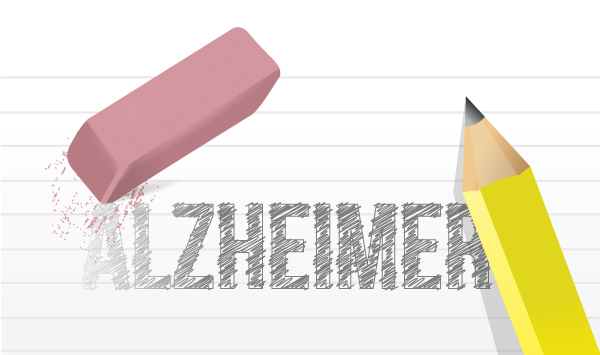Scientists are finally starting to get a grip on the discrepancy between Alzheimer’s diagnoses in females and men. Generally, as many as 2/3 of people with Alzheimer’s in the United States are female, and as scientists continue to better grasp the specific intricacies behind this trend, we are able to begin to target them.
As reported by the Alzheimer’s Association’s Director of Scientific Engagement, Rebecca Edelmayer, “Women are at the epicenter of Alzheimer’s disease as both persons living with the disease and as caregivers of those with dementia. Over the last three years, the Alzheimer’s Association has invested $3.2 million into 14 projects looking at sex differences for the disease and some of the findings today may explain risk, prevalence, and rate of decline for women.”
The historic opinion has long been that females essentially have a longer than anticipated lifespan, and we recognize that Alzheimer’s becomes more prevalent as age increases. Nonetheless the idea has changed to include the following further determinants for Alzheimer’s risk in females:
- Biology. Vanderbilt University Medical Center researchers found out that females with mild cognitive impairment had a far more increased spread of tau (the protein within the brain associated with loss of brain cells), along with an increased extent of tau network connectivity, than compared to males.
- Memory. An investigation conducted by the University of California at San Diego School of Medicine reported higher scores on verbal memory tests in women than men that could play a role in the ability of women’s brains to compensate for cognitive impairments and to the postponement of a medical diagnosis and appropriate treatment.
- Employment. Memory decrease in women ages 60 – 70 who seldom worked was more significant than in women with consistent employment, according to the conclusions of research done by the University of California Los Angeles – indicating that “consistent cognitive stimulation from work helps increase cognitive reserve in women.”
- Lifestyle. Because a healthy way of living, particularly a diminished frequency of stress, helps minimize Alzheimer’s risk, women can be especially vulnerable – since they are most often in the role of family caregiver, a known inducer of tension.
These results showcase the need for women to take care of their own health and wellbeing, and Independence-4-Seniors Home Care is here to assist. We provide the trusted respite care that permits family caregivers to take much needed breaks from caring for their loved ones and focus on self-care. Our caregivers are specifically trained and knowledgeable in meeting the unique needs of those with Alzheimer’s disease, giving family members the peace of mind in recognizing their cherished older adults are receiving the best care. Reach out to us at (630) 323-4665 to learn more.

